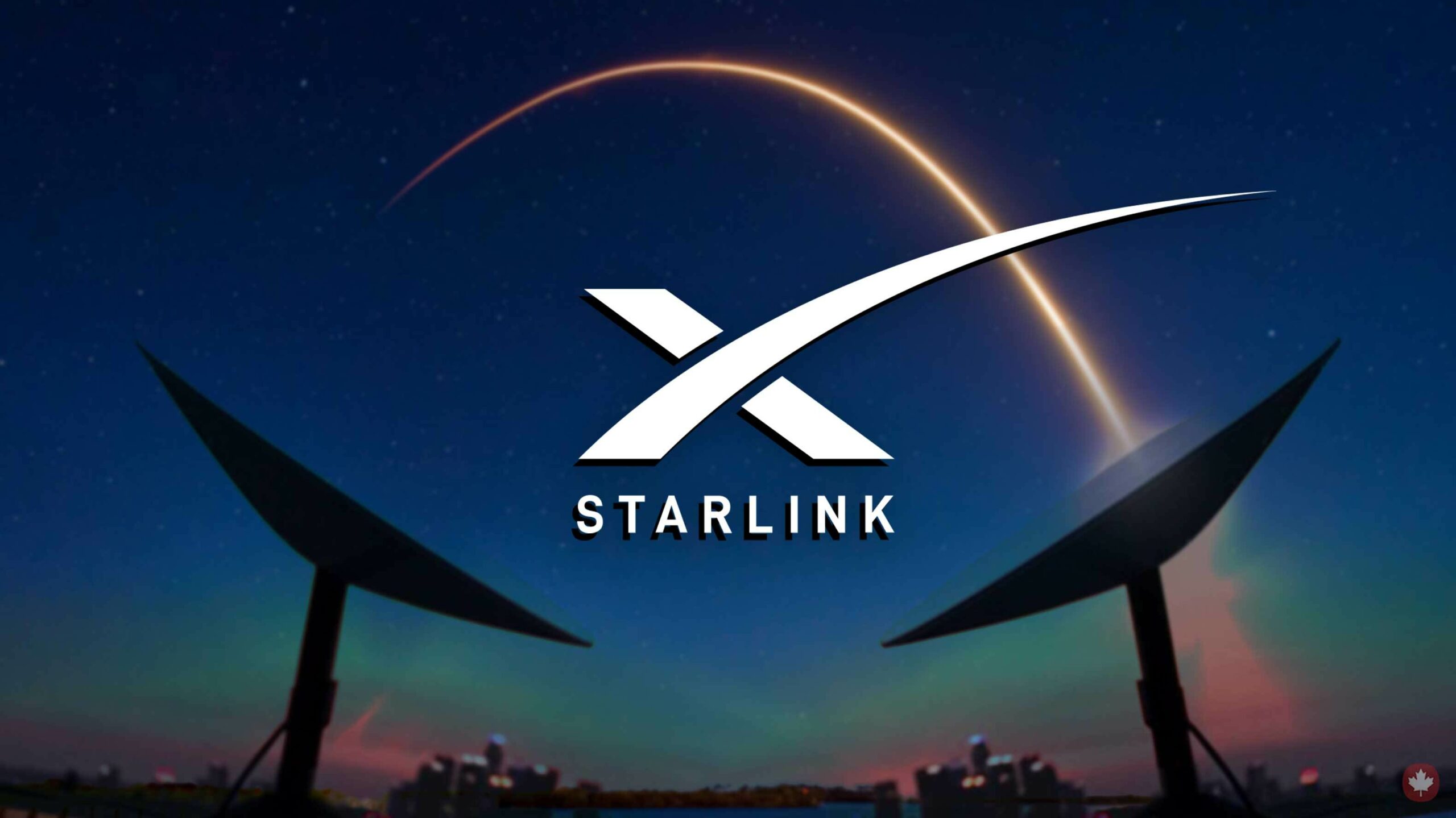As of Q3 2024, Elon Musk‘s internet company, Starlink, emerged the second-largest Internet Service Provider (ISP) in Nigeria in terms of subscribers, a data report by the Nigerian Communications Commission’s (NCC) has shown.
The data showed that at the conclusion of the quarter, the company’s active client base in Nigeria grew to 65,564, overtaking FiberOne, which had previously had the second-highest number of users.
According to NCC data, Starlink had 23,897 users as of December 2023, making it the third-largest ISP at the time. According to the Q3 2024 statistics, Starlink added 41,667 throughout the first nine months of the previous year.
Read also: Elon Musk tests X’s live streaming feature
Spectranet maintains top spot
Spectranet, one of Nigeria’s oldest ISPs, continued to hold the top rank in the market at the end of Q3 2024 with 105,441 active users.
Though the company’s customer base remained at 113,869 by the end of 2023, this shows that it lost more than 8,000 customers in the first three quarters of the year.
As of the conclusion of Q3 2024, FiberOne, which was formerly the second-largest ISP, was in third place with 33,010 active users.
The NCC database indicates that 241 businesses in Nigeria now hold ISP licenses.
However, according to recently made public customer data, as of Q3 2024, only 124 ISPs had active clients.
Comparison between ISPs and MNOs
According to NCC data, throughout the reviewed period, the 124 ISPs had a total of 307,946 active consumers.
When compared to internet users of the four mobile network operators (MNOs) in the nation, the number is still relatively low.
There were 132.4 million active internet subscriptions with MTN, Airtel, Globacom, and 9mobile as of September 2024.
Read also: Kenyan internet speeds surge by 18.5% as Starlink and Safaricom battle for dominance
Starlink’s fast adoption in Nigeria despite high cost
Starlink, which debuted in Nigeria in January 2023, has generated a lot of interest from Nigerians who are keen to switch service providers, despite the fact that its prices are higher than those of local ISPs.
The widespread availability of its satellite service further promotes Starlink to residents in places with inadequate internet connections.
Starlink has acquired a larger client base in less than two years of operation than many local ISPs that have been in business for a number of years in Nigeria.
However, in December of last year, Starlink raised the monthly subscription fee from N38,000 to N75,000. The hike followed a first round of criticism from the Nigerian Communications Commission (NCC), the telecom watchdog, which said Starlink had not obtained permission before announcing a pricing increase.
Starlink had to halt new orders in three major cities—Port Harcourt, Abuja, and Lagos—at some point last year due to the growing demand for its service because it was already at capacity in those locations. Additionally, Starlink was “sold out” in Warri and Benin City at the same time.
















